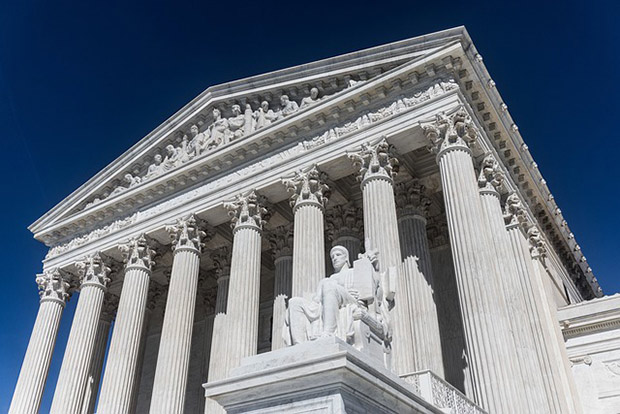Competing rights and interests
December 12, 2022

On Nov. 6, the United States Supreme Court heard oral arguments in Brackeen v. Haaland, a case which presented numerous constitutional and legislative issues regarding the Indian Child Welfare Act or ICWA.
The case presents some incredibly difficult legal and public policy issues. How difficult? In 2012, the late Justice Antonin Scalia called a dispute arising from the adoption of Native American twins the most difficult case he ever had during his time on the Supreme Court.
The ICWA was passed by Congress and became law at a time when as many as one-third of all Indigenous children were taken from their homes. The vast majority were sent to live with white families or in residential boarding schools. The ICWA grants tribal children the right to foster care placements that favor members of their communities and kin.
The Brackeen case involves three white adoptive couples and the state of Texas, both challenging the constitutionality of the ICWA on multiple grounds. Texas argues that ICWA has not achieved its stated ends of improving stability and security among Indian tribes and that Native American children covered by ICWA remain at a greater risk for abuse and neglect than other children.
Another issue in the case is whether ICWA violates the Constitution’s guarantee of equal protection, which generally bars the government from discriminating based on race, gender or ethnicity. The Biden administration and the tribes contend that the distinctions that ICWA draws are purely political – that is, based on membership in a tribe or a close connection to a tribe. As a result, they argue, the statute is subject to a less stringent constitutional test, which requires only a rational relationship between the law and Congress’s duty to Native Americans. Texas and the individual plaintiffs, on the other hand, insist that ICWA draws distinctions, for both Native American children and would-be adoptive parents based on race, rather than politics as evidenced by the fact that ICWA “applies even when a child is not a member of an Indian tribe and does not live on a reservation.” Therefore, they contend that the statute is subject to a stricter test.
During oral arguments, the justices reportedly focused on whether some or all of the provisions of the ICWA exceed the “plenary powers” historically granted to Congress to regulate tribal relationships with the national government and states. While this is important, legally, to my mind, there is an overriding issue which should take precedence over all the legal and, yes, even constitutional ones: What is in a child’s individual best interests, taking into account the specific issues of each case?
In Wisconsin, as in all states, there are multiple factors which a court is to consider in determining “best interests.” The very concept of “best interests” is incredibly vague and subjective. Certainly, one of those factors can be consistency with the ethnicity of the child. But that should not be the only, or even the primary, factor. Foster and adoptive parents can provide a warm, caring, loving environment for children, which is a lot more important that ethnicity. While appropriate foster and adoptive parents can certainly be found consistent with a child’s ethnicity, there is a great lack of available parents. To limit that pool even further does not promote the best interests of a child.
So, I believe that ethnicity should one of many, many factors available to courts in making this critically important and very difficult decision. But “best interests” is too important to a child and too subjective to a court to make ethnicity the only factor in making such decisions.





